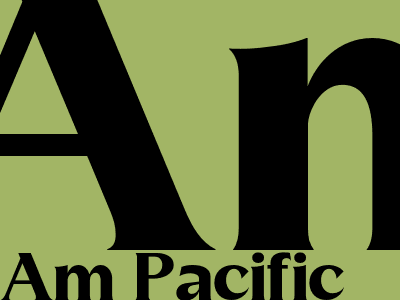How to Optimize Your Blog for Google and Blogger.com
Introduction
In today's digital world, having a strong online presence is crucial for businesses and individuals alike. Search engines like Google and blogging platforms like Blogger.com play a vital role in driving traffic to your website or blog. Optimizing your blog for these platforms can significantly improve your visibility, reach, and engagement. In this comprehensive guide, we will delve into the best practices for optimizing your blog for Google and Blogger.com, ensuring that your content ranks higher in search results and attracts a wider audience. We will cover essential elements such as keyword research, on-page optimization, and building backlinks, providing actionable tips and strategies to help you achieve your SEO goals.
Keyword Research
Keyword research is the foundation of effective SEO. It involves identifying the specific search terms and phrases that your target audience is using to find information related to your niche. Thorough keyword research will help you tailor your content to match the queries that people are actively searching for. Start by brainstorming a list of relevant keywords and using keyword research tools to analyze search volume, competition, and related keywords. Consider long-tail keywords, which are more specific and less competitive, to target niche audiences.
Once you have a list of target keywords, incorporate them strategically throughout your blog content. Use them in your titles, headings, subheadings, and body text. However, avoid keyword stuffing, as this can negatively impact your rankings. Instead, focus on creating high-quality, informative content that naturally incorporates your keywords.
On-Page Optimization
On-page optimization refers to optimizing individual pages on your blog to improve their ranking in search results. Several key elements contribute to effective on-page optimization, including:
Title Tags
Title tags are one of the most important ranking factors for Google. They should be concise, descriptive, and accurately reflect the content of your page. Keep them under 60 characters to avoid truncation in search results and include your target keyword near the beginning of the title.
Meta Descriptions
Meta descriptions provide a brief summary of your page's content. They do not directly impact rankings but can influence click-through rates. Write compelling meta descriptions that entice users to click on your link in search results. Keep them under 160 characters and include a call to action.
Header Tags
Header tags (H1, H2, H3, etc.) structure your content and make it easier for search engines to understand the hierarchy and importance of your information. Use H1 tags for your main headings and H2 and H3 tags for subheadings. Incorporate your target keywords into your header tags to improve their relevance.
Content Quality
Ultimately, the most important factor for on-page optimization is the quality of your content. Create in-depth, informative, and well-written content that provides value to your readers. Avoid duplicate content and ensure that your writing is original and engaging. Use clear and concise language, and break up long paragraphs with subheadings and bullet points to improve readability.
Backlink Building
Backlinks are links from other websites to your own. They serve as votes of confidence for your content and play a crucial role in determining your search engine rankings. Focus on building high-quality backlinks from reputable websites in your industry. Guest posting, creating valuable content that other websites will want to link to, and participating in online communities are effective ways to acquire backlinks.
Avoid buying backlinks or engaging in any black hat SEO tactics, as these can harm your website's reputation and rankings in the long run. Instead, focus on building relationships with other website owners and creating content that is genuinely valuable and link-worthy.
Additional Tips for Blogger.com Optimization
In addition to the general SEO best practices discussed above, here are some additional tips specifically for optimizing your blog on Blogger.com:
Use Custom Domain
Using a custom domain instead of the default Blogger.com subdomain can improve your blog's credibility and brand recognition. It also allows you to have more control over your blog's URL structure and customize it with your preferred domain name.
Enable HTTPS
HTTPS (Hypertext Transfer Protocol Secure) encrypts the connection between your blog and visitors' browsers, protecting sensitive information. Google gives preference to websites that use HTTPS, so enabling it can improve your search rankings.
Optimize Images
Images can enhance the user experience and make your blog more visually appealing. However, large image files can slow down your page load time, negatively impacting your SEO. Optimize your images by compressing them without sacrificing quality. Use descriptive alt tags to provide context for images and help search engines understand their content.
Promote Your Blog
Once you have optimized your blog, don't forget to promote it to attract visitors and build a following. Share your content on social media, participate in online forums and communities, and engage with your audience. Consider using email marketing to nurture your subscriber base and keep them updated on your latest posts.

Komentar